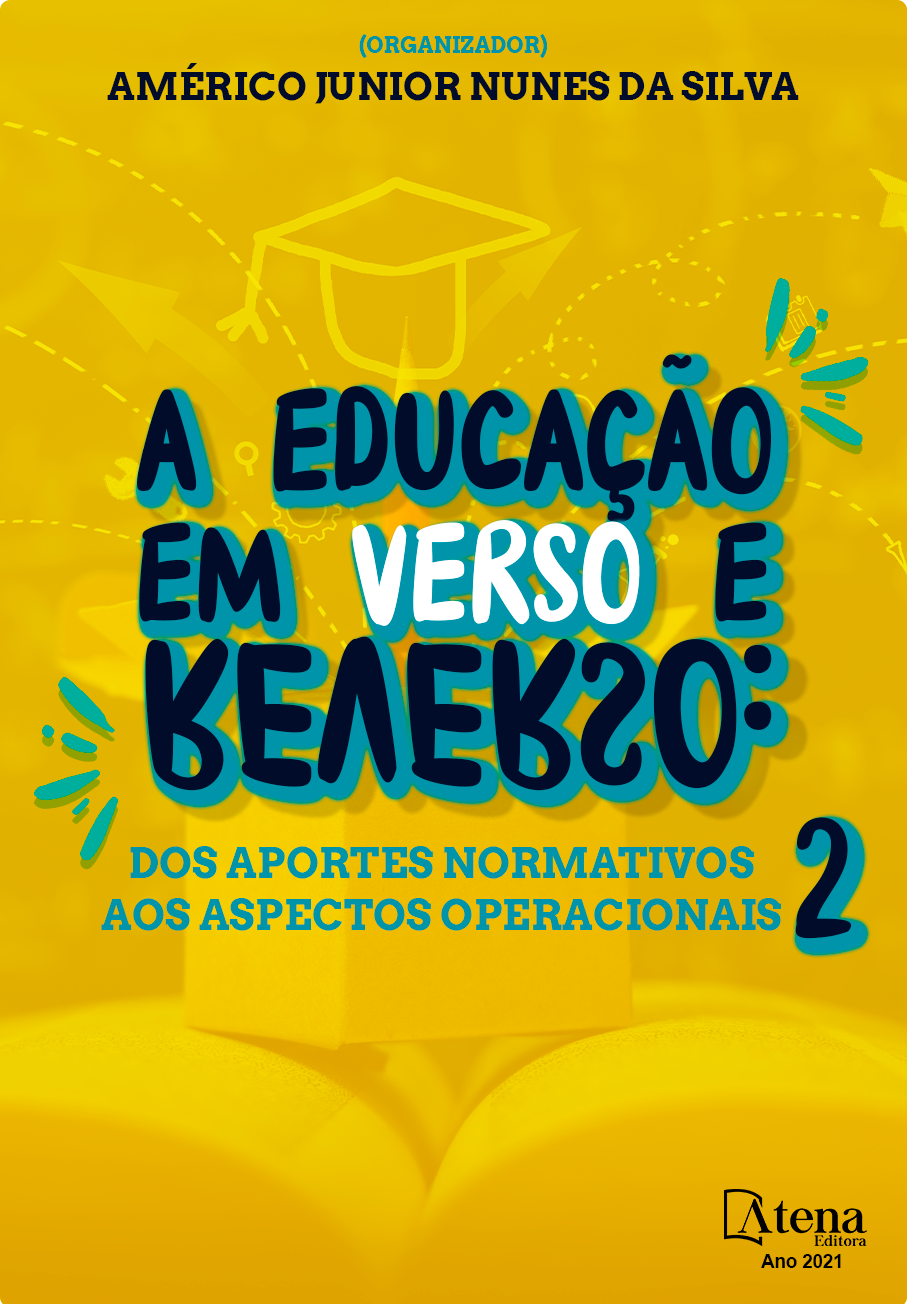
A TECNOLOGIA ASSISTIVA NO CONTEXTO DA ESCOLA PÚBLICA: CONTRIBUIÇÕES DA PERSPECTIVA HISTÓRICO-CULTURAL
O presente estudo apresenta um recorte inicial da dissertação de mestrado de uma pesquisa intitulada: O Uso da Tecnologia Assistiva para Alunos com Deficiência Intelectual da Rede Municipal de Pedro Canário, ES, cujo objetivo é analisar como o uso da Tecnologia Assistiva é inserido como prática cotidiana no processo de ensino-aprendizagem aos alunos com Deficiência Intelectual de uma escola dos Anos Iniciais do Ensino Fundamental de Pedro Canário – ES. Este estudo se referencia teórica e metodologicamente na abordagem histórico-cultural de desenvolvimento humano elaborada por Vigotski (2011) no campo da defectologia. Seus estudos entre a década de 1924 a 1934 sinalizavam uma modificação na forma de compreensão da deficiência, com o intuito de livrar a criança do viés biologizante da aprendizagem e consequentemente desenvolver suas potencialidades. Nesse sentido, os dados coletados serão analisados à luz das contribuições da perspectiva Histórico-Cultural no campo da defectologia, bem como, demais autores da Educação Especial. Assim, a pesquisa com o enfoque nos recursos pedagógicos tem a pretensão de discutir sobre quais mudanças a Tecnologia Assistiva propicia em favor dos alunos com Deficiência Intelectual da rede municipal de Pedro Canário, ES. Como metodologia, para o texto ora apresentado, será feita uma breve análise de 04 trabalhos que entrelaçam os campos da tecnologia assistiva e da deficiência intelectual na linha de análise da perspectiva Histórico-Cultural. Nesse contexto, sugere-se que a Tecnologia Assistiva, se planejada e adequada às necessidades de aprendizagem dos alunos, possibilita avanços nos processos de desenvolvimento e subjetivação humana.
A TECNOLOGIA ASSISTIVA NO CONTEXTO DA ESCOLA PÚBLICA: CONTRIBUIÇÕES DA PERSPECTIVA HISTÓRICO-CULTURAL
-
DOI: https://doi.org/10.22533/at.ed.3922109071
-
Palavras-chave: Educação Especial. Tecnologia Assistiva. Deficiência Intelectual
-
Keywords: Special Education. Assistive Technology. Intellectual Disability
-
Abstract:
The present study presents an initial excerpt from the master's dissertation of research with the title: The Use of Assistive Technology for Students with Intellectual Disabilities of the Municipal Network of Pedro Canário, ES. Having an objective is to analyze how the use of Assistive Technology inserted as a daily practice in the teaching-learning process for students with Intellectual Disabilities at a school in the Early Years of Elementary Education of Pedro Canário - ES. This study is a theoretical and methodological reference in the historical-cultural approach to human development elaborated by Vygotsky (2011) in the field of defectology. His studies between the decade 1924 to 1934 signaled a change in the way of understanding the disability, to free the child from the biologizing bias of learning and consequently develop its potential. In this sense, the data collected will be analyzed in the light of contributions from the Historical-Cultural perspective in the field of defectology, as well as other authors of Special Education. Thus, the research focusing on pedagogical resources aims to discuss what changes the Assistive Technology provides in favor of students with Intellectual Disabilities in the municipal network of Pedro Canário, ES. As a methodology for the text now presented, a brief analysis will be made of 04 works that intertwine the field of assistive technology and intellectual disability in the line of analysis of the Historical-Cultural perspective. In this context, it's suggested that Assistive Technology, if planned and adapted to the students' learning needs, allows advances in the processes of development and human subjectivity.
-
Número de páginas: 15
- Otília Martins de Magalhães


